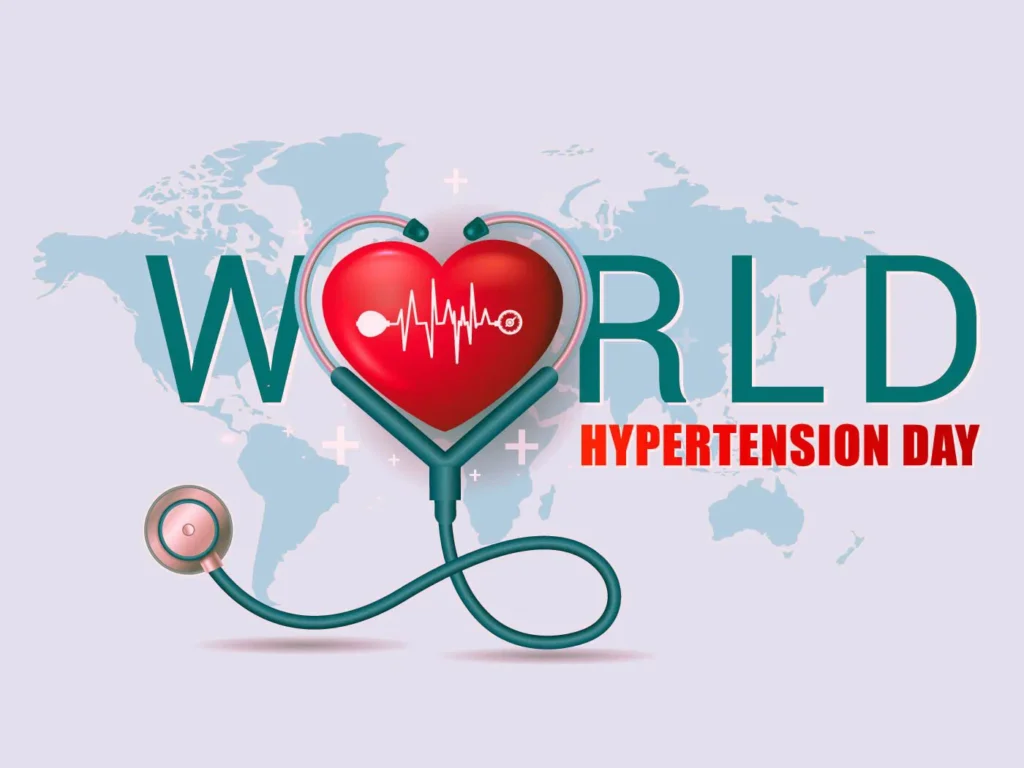On World Hypertension Day 2025, we are reminded of the growing burden of this non-communicable disease (NCD) in Africa. Hypertension, also known as high blood pressure and commonly dubbed the “silent killer”, affects an estimated 46% of Africans aged 25 and above, according to the World Health Organisation. Hypertension is a major risk factor for cardiovascular diseases, and when left uncontrolled, it can lead to serious complications such as heart failure, stroke, and kidney damage. Globally, hypertension affects about 1.28 billion adults, and in 2019, it accounted for the deaths of 10.8 million people. Despite increased efforts to address this silent epidemic, hypertension remains a major public health concern, particularly in Africa. {1,2,3}
Challenges in Tackling Hypertension in Africa
As the continent works towards reducing the burden of hypertension, various systemic, socioeconomic, and cultural challenges stand as roadblocks. Several African countries still have underdeveloped healthcare systems, as seen in the lack of essential resources such as blood pressure monitors and basic laboratory services in many rural areas. Additionally, health workers and funding have historically prioritised infectious diseases such as HIV, resulting in underdeveloped strategies for controlling NCDs such as hypertension. The absence of strong policies is also a contributor, as only a few African countries have implemented robust national strategies to address NCDs, including hypertension. {4,5}
Socioeconomic factors also play a crucial role. Financial constraints limit many from accessing adequate healthcare. Out-of-pocket expenses and high costs of antihypertensive drugs worsen this, particularly among low-income populations. Limited insurance coverage in several countries exacerbates the financial strain, forcing some patients to choose between managing their hypertension and meeting basic needs. {5,6}
Urban-rural disparities further widen the gap in hypertension management. People in rural areas often lack adequate healthcare access, resulting in delayed hypertension diagnoses and poorer outcomes. Low health literacy and educational gaps contribute to poor hypertension control due to treatment misconceptions and neglect of necessary lifestyle changes. The ongoing community-targeted health educational programs by various government agencies and NGOs are important for improving outcomes. {4,7}
Nutritional and lifestyle choices also play a role. People now consume a lot of unhealthy food with high salt and sugar levels. Diets are often dominated by affordable but high-carbohydrate staples, which offer limited nutritional variety and fail to align with dietary recommendations such as the DASH (Dietary Approaches to Stop Hypertension) diet. Sedentary lifestyle and consumption of tobacco and alcohol are established risk factors for hypertension, thus, poor engagement in adequate physical activity and high rates of smoking and alcohol consumption also contribute to the growing burden of hypertension in Africa. {8}
Finally, cultural misconceptions remain a significant challenge. Some people believe that hypertension is a non-serious ailment or an unavoidable consequence of old age, causing a lack of urgency in seeking diagnosis and treatment. Many others stop adhering to drugs once their blood pressure falls within the normal range, while some rely solely on traditional medicine for a cure. All these contribute to the challenges faced in addressing this highly prevalent disease in Africa. {7,8}
Moving Forward
Tackling hypertension in Africa will require a shift in how we prioritise and respond to non-communicable diseases. Improving access to care, increasing public awareness, and promoting healthier lifestyle habits are essential steps forward. There’s also a need to confront cultural misconceptions and financial barriers that prevent people from getting diagnosed or sticking to treatment. With continuous focused, community-centred strategies and stronger political will, better outcomes are within reach.
Your Role in the Fight Against Hypertension
Hypertension is often driven by factors such as a diet high in sodium, lack of physical activity, obesity, excessive alcohol use, and smoking. Understanding these risk factors is the first step in prevention. You can take control by making heart-healthy choices: stay active, eat a healthy diet low in salt, maintain a healthy weight, limit alcohol, avoid tobacco, and find effective ways to manage stress.
As you read this piece, countless lives are being lost to hypertension around the world, particularly in Africa, and you can help combat this silent killer. Get yourself checked, inform your loved ones about the risk factors and the healthy choices they should make daily, monitor your blood pressure accurately and consistently, and lastly, share this with someone.
#WorldHypertensionDay2025
Fawaz Bello,
Content Creation Team,
SmileBuilders Initiative.

